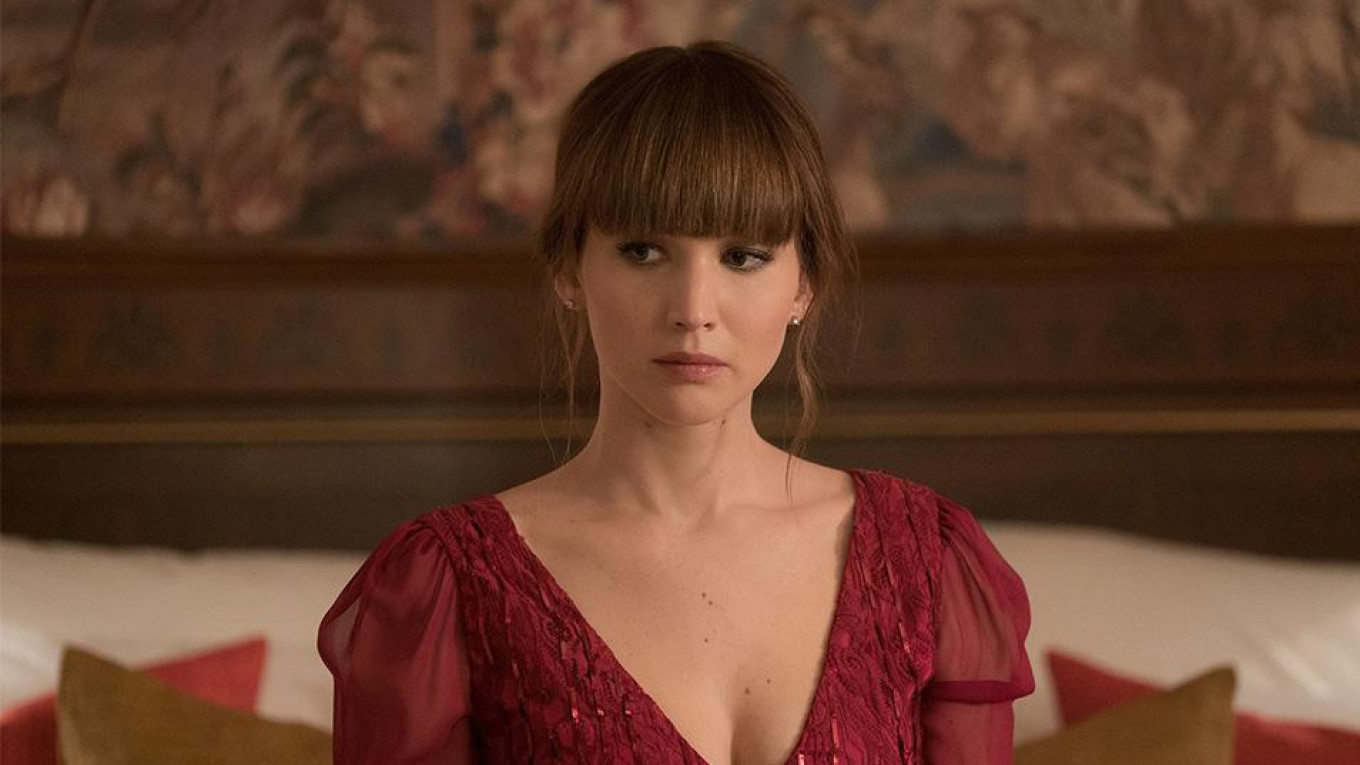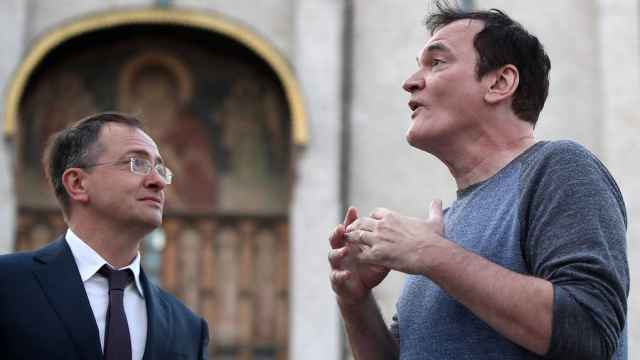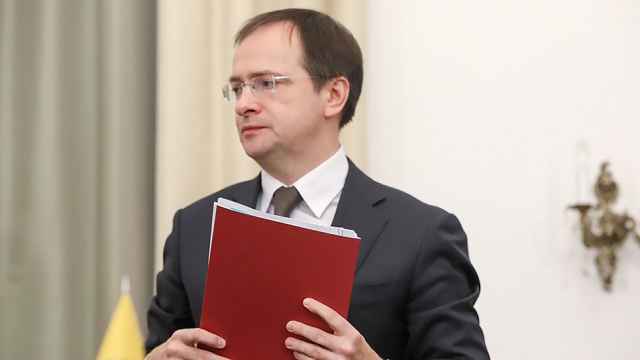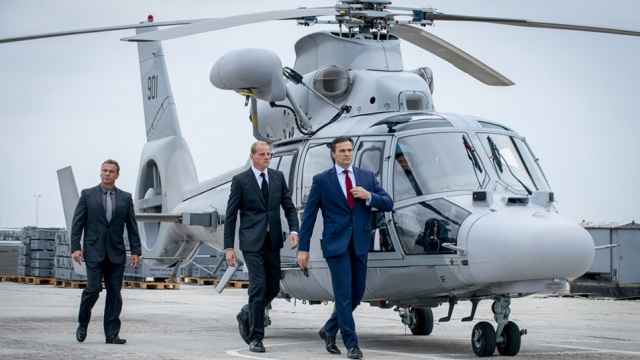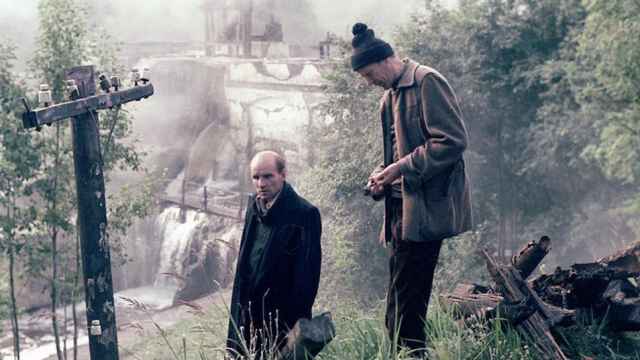Hollywood—Bringing the Russian spy thriller “Red Sparrow” to the big screen has been as exciting and intriguing as the novel itself.
Written by a retired CIA operative, the book was snapped up by 20th Century Fox in a seven-figure deal. Its original director, Darren Aronofsky, was out before shooting started. Director David Fincher and actor Rooney Mara, left the project, too.
Enter Jennifer Lawrence, one of the hottest names in the business. Soon Francis Lawrence, a “Hunger Games” veteran and no relation to Jennifer, was attached as its director.
Originally, filming at a Russian location was contemplated. But that fizzled out, too.
Finally, “Red Sparrow,” a film about the Russia’s famed Sparrow School, began filming in Budapest.
“I think what shocked me the most was that [the story] was based on a very real program,” Jennifer Lawrence related. “Even though the film is fictionalized and the characters are fictionalized, [author] Jason Matthews spent most of his life and career dealing with Russian and United States relations and espionage.”
In the film Lawrence plays Dominika Egorova, an injured ballerina who is recruited by the Sparrow School, a secret intelligence institution that trains exceptional young people to use their minds and bodies as weapons.
“There was a lot of stuff that made me nervous before I said yes to this film, because I knew it was going to be difficult,” Lawrence told The Moscow Times, referring to nudity and extreme violence.
“I was scared doing the scenes. But I could not have been surrounded with a more supportive crew, all veterans of our ‘Hunger Games,’ who made me feel so comfortable,” she said, adding, “Walking away from it, I actually felt and feel empowered by it.”
The actress issues a warning: “There’s a lot of dark material in this movie that is going to make a lot of people uncomfortable, but for us to tell the story in a correct and dangerous fashion was important.”
Another challenge for Lawrence was “doing a foreign accent. It was not a good idea, but it was fun.”
“Doing a foreign accent, especially the first time, was really daunting. I worked with a brilliant dialect coach and we would find certain women and copy the lyrical pattern of the way that they spoke. Very difficult,” she recalled.
As a moviegoer, she has always been a fan of spy films. “They are cool and they are exciting. I always like a psychological thriller. They can get a little bit redundant, but that is why this movie is really unique — it has just a completely different perspective. And it was written by an actual spy,” sh said. “It was fascinating to talk to Jason and his wife, who was also a spy in real life.”
Physical aspects of the film also posed many challenges. “There is a lot of physical stuff that you have to do. For about four months, I think, I trained in ballet for three hours a day. It was more about me learning to use my body differently and get into the mindset of the discipline that these dancers have to go through.”
Lawrence also shares screentime with Sergei Polunin, a Ukrainian dancer who is making his film debut. “It was his first film and it was my first time dancing. So we were definitely leaning on each other for certain parts.”
The uncle of Lawrence’s character is played by Belgian actor Matthias Schoenaerts, a Vladimir Putin lookalike. The resemblance, Lawrence insisted, was a coincidence and "really strange.” The Russian president is a character in the book, but the filmmakers took him out.
“Red Sparrow” will open March 2 around the world and May 31 in Russian theaters.
A Message from The Moscow Times:
Dear readers,
We are facing unprecedented challenges. Russia's Prosecutor General's Office has designated The Moscow Times as an "undesirable" organization, criminalizing our work and putting our staff at risk of prosecution. This follows our earlier unjust labeling as a "foreign agent."
These actions are direct attempts to silence independent journalism in Russia. The authorities claim our work "discredits the decisions of the Russian leadership." We see things differently: we strive to provide accurate, unbiased reporting on Russia.
We, the journalists of The Moscow Times, refuse to be silenced. But to continue our work, we need your help.
Your support, no matter how small, makes a world of difference. If you can, please support us monthly starting from just $2. It's quick to set up, and every contribution makes a significant impact.
By supporting The Moscow Times, you're defending open, independent journalism in the face of repression. Thank you for standing with us.
Remind me later.


